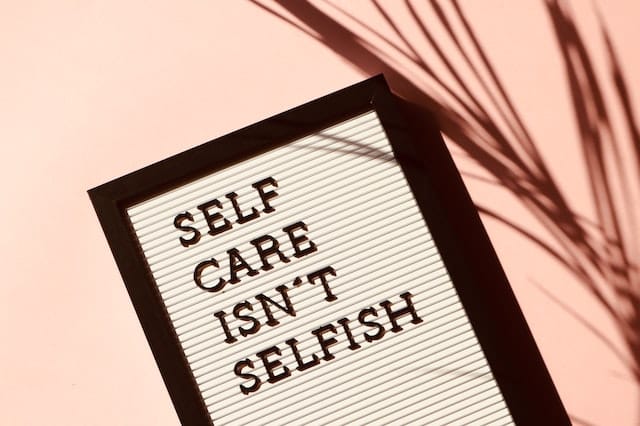
Mental health and your physical well-being are interconnected but often are addressed separately. Although it’s understandable why certain aspects of mental health and physical wellness are treated differently, scientific research proves that they significantly influence each other. Statistics show that people dealing with mental health issues are 1.84 times more likely to have physical illnesses, indicating how both are intertwined. These are some significant ways mental health affects your physical well-being.
Impact on immune system function
Your immune system comes under a lot of pressure when your body is under immense psychological or mental distress. It happens because the body releases a great amount of cortisol, a hormone that causes an abrupt halt to certain internal body processes. When prolonged, the same cortisol can suppress the immune system function and cause further problems. Chronically elevated cortisol levels can exacerbate existing health conditions and increase your susceptibility to infections. You will be surprised to discover that elevated cortisol levels can also slow down your body’s ability to heal wounds. Contrary to popular belief, this has nothing to do with type 2 diabetes and instead has to do with a weakened immune system. Further studies have also shown that people with chronic mental health conditions catch the common cold more easily. They are also likely to experience cardiovascular issues if cortisol remains too long in their bodies.
Over-reliance on medication and other chemicals
Substance abuse has been a societal issue for decades and continues to create a vicious cycle wreaking havoc on physical health. People who turn to excessive alcohol consumption and illicit drug use can inflict severe damage on their bodies. These substances place immense pressure on the kidneys, liver, brain, heart, lungs, and other vital organs. While substance use may provide temporary relief from emotional distress, you cannot escape from the physical effects in the event of prolonged usage. According to surveys, the chemicals and compounds contained in these substances can affect the physical structure of vital body organs. Therefore, using them as coping mechanisms cannot be ideal. Addiction in itself is a condition, but with the right drug rehab programs, recovery is a possibility.
Disrupted sleep patterns and chronic exhaustion
The body has a natural sleep and wake pattern often described as a circadian rhythm. Some elements can, however, disrupt this healthy cycle and result in insomnia, nightmares, and disrupted sleep-wake patterns. According to science, sleep is a vital physiological process, and any interruption can hinder cellular repair, immune function, and hormone regulation.
The more your body is denied these essential processes, the higher the chances of decreased cognitive function and physical exhaustion. There is also an increased risk of chronic depression, anxiety, stress, and general irritability. The interplay between compromised mental health and your physical well-being cannot be overlooked or denied. Therefore, it will be best to focus on both and not only on one. Admittedly, when the brain is burdened, sleep goes out the window. Fortunately, timely professional intervention can create positive outcomes.


